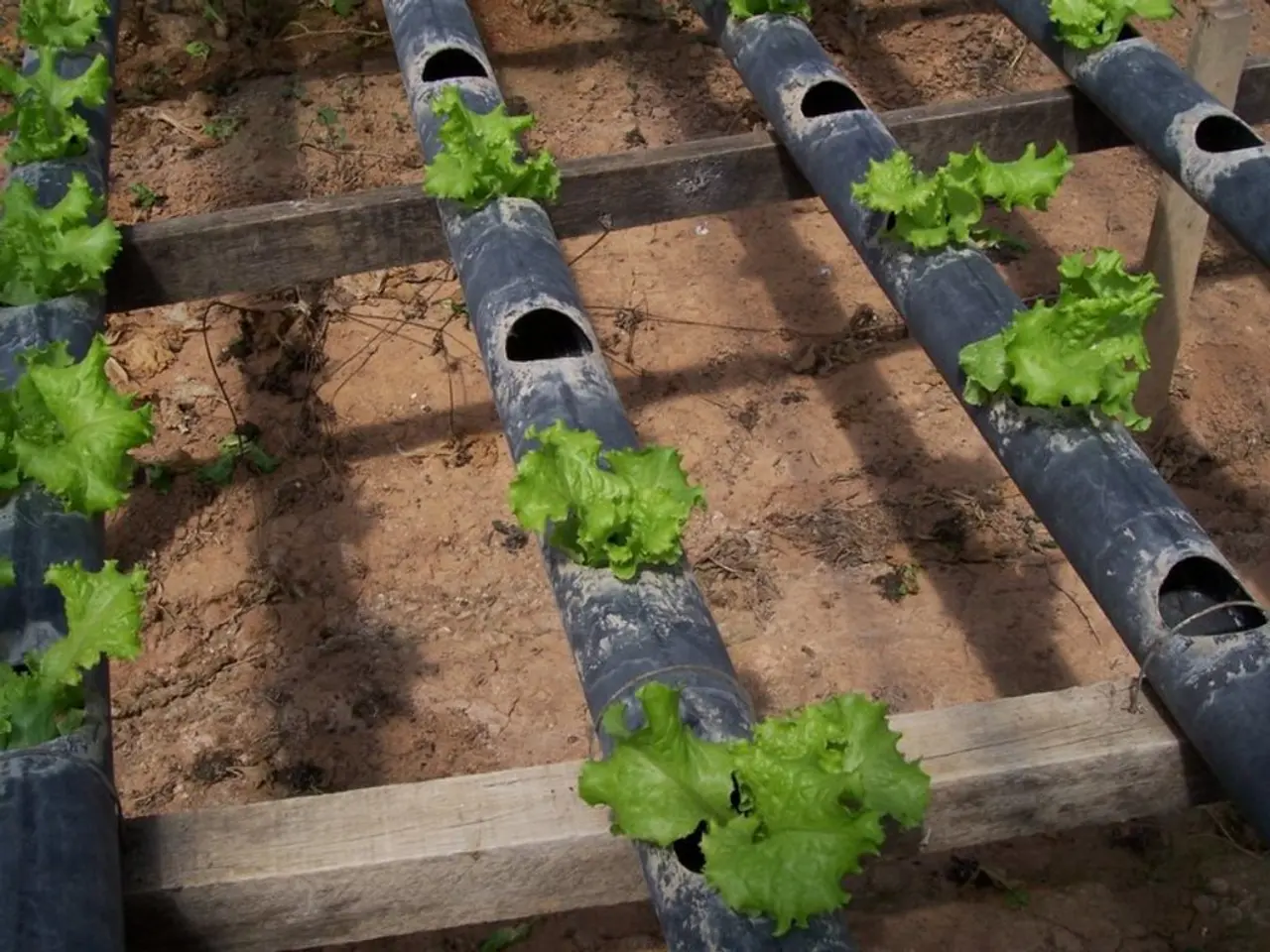Stacking Up: Signs, Roots, and Remedies
Piles, or hemorrhoids, are swollen veins in the lower anus and rectum that can cause discomfort and complications. For severe cases of piles, known as Grade III hemorrhoids, more advanced treatment methods may be necessary. This article provides an overview of the most effective treatment options available.
1. **Surgical Hemorrhoidectomy:**
Hemorrhoidectomy, the surgical removal of hemorrhoids, is considered the most reliable long-term solution for Grade III (and IV) hemorrhoids, particularly those with significant prolapse, persistent bleeding, or thrombosis. Although it offers a low recurrence rate (<5%), it is associated with considerable postoperative pain and a recovery period of 2-4 weeks.
2. **Minimally Invasive Procedures:**
- **Laser Ablation:**
Suitable for Grade III hemorrhoids without severe prolapse, laser ablation causes less pain and faster recovery (3-5 days) compared to hemorrhoidectomy, but may have higher recurrence rates (10–15%).
- **Hemorrhoid Artery Embolization (HAE):**
A minimally invasive option targeting blood supply to internal hemorrhoids, useful for Grade II-III internal hemorrhoids. It avoids surgery and overnight hospital stays and is good for patients unwilling or unable to undergo surgery.
3. **Medical Management and Lifestyle Changes:**
Medications (creams, gels, tablets like Daflon) may provide temporary symptom relief but do not cure Grade III hemorrhoids or prevent recurrence effectively. Lifestyle modifications such as a fiber-rich diet, hydration, and exercises (walking, yoga, pelvic floor exercises) can support symptom management but are insufficient alone for Grade III prolapsed hemorrhoids.
4. **Other Non-Surgical Treatments:**
Less commonly, rubber band ligation and infrared coagulation may be tried, but these are usually less effective for Grade III hemorrhoids with significant prolapse, and failure often leads to surgery.
In conclusion, Grade III hemorrhoids typically require surgical or minimally invasive procedures for definitive treatment, with hemorrhoidectomy being the gold standard for cases with significant prolapse. Medications and lifestyle changes mainly serve as supportive or temporary measures.
It is essential to consult a healthcare professional for an accurate diagnosis and to discuss the best treatment options based on individual circumstances. Symptoms of piles may include painful lumps, itching, discomfort, discomfort during and after passing stool, bloody stools, and excessive anal bleeding.
- In the realm of medical-conditions and chronic diseases, Alzheimer's and diabetes are type AQ predictive of mental health issues like depression, especially when coupled with obesity.
- Adhering to a health-and-wellness regimen that includes skin care, nutrition, fitness-and-exercise, and mental health practices can help manage and reduce the risk of developing chronic diseases such as obesity and depression.
- Science is currently studying the relationship between chronic-kidney-disease and piles, aiming to discover potential links and improved treatment options for both conditions.
- For those experiencing severe discomfort from their piles, knowing the available treatment options like surgical hemorrhoidectomy, minimally invasive procedures, and medical management can help make informed decisions about their health and wellness.
- A correct diagnosis from a healthcare professional is crucial in determining the best treatment for chronic-diseases such as chronic-kidney-disease, diabetes, and Alzheimer's, which can greatly impact a person's quality of life.
- Aside from treatments, understanding the signs of chronic-conditions like chronic-kidney-disease (frequent urination, swelling in legs and feet, and persistent fatigue) and piles (painful lumps, itching, discomfort, discomfort during and after passing stool, bloody stools, and excessive anal bleeding) is important in seeking early intervention and improving overall health.
- With advancements in science and healthcare, new predictive and preventive measures for chronic diseases like Alzheimer's, diabetes, and chronic-kidney-disease, as well as mental health issues like depression, are continuously being researched and developed.
- By taking care of themselves through proper nutrition, regular exercise, and seeking professional help when needed, individuals can maintain their physical and mental health, ensuring a better quality of life and reducing the risk of developing chronic diseases.








